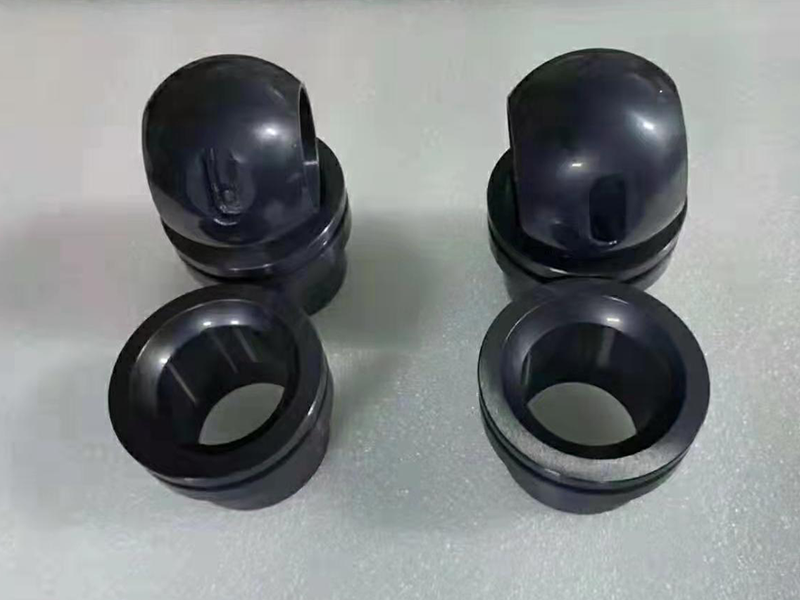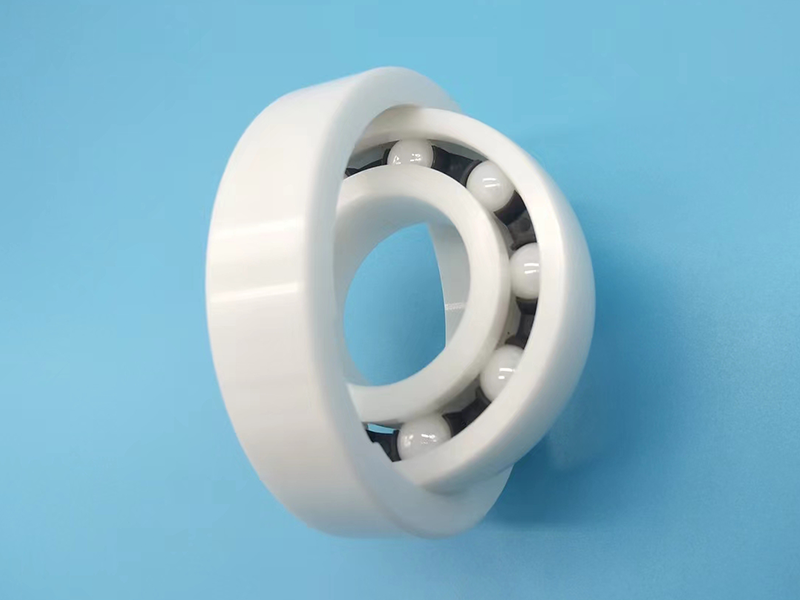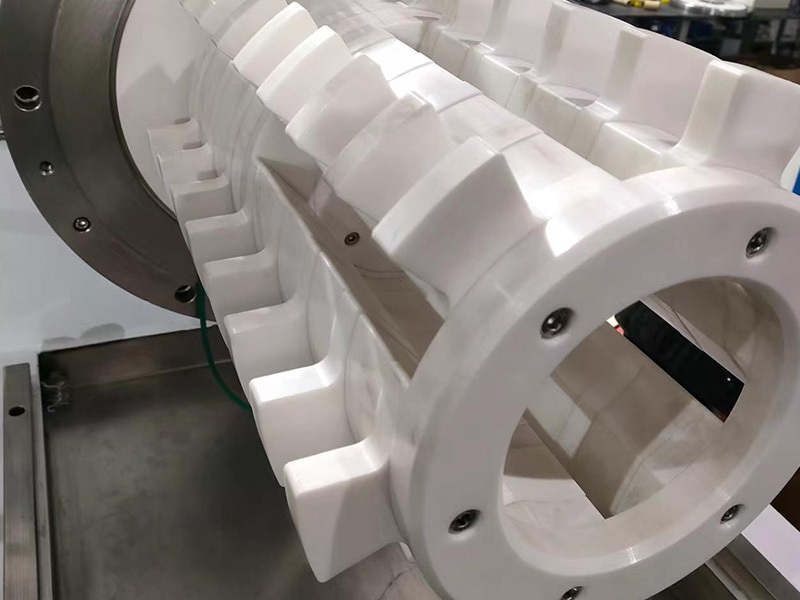Pipes, valves and bearings applications



1.In the chemical, petroleum, mining and other industries, it is a common demand to transport corrosive and abrasive media. Industrial ceramic pipes have become an ideal choice due to their high hardness, wear resistance and strong chemical stability. For example, when transporting mud containing sand and gravel particles, the wear resistance of ceramic pipes makes their service life much longer than ordinary metal pipes, greatly reducing the replacement cost. At the same time, when transporting corrosive media such as strong acids and alkalis, ceramic pipes will not be corroded, ensuring the safety and stability of the transportation process;
2.Ceramic valves play an important role in various industrial fluid controls. The high hardness of ceramics makes the sealing surface of the valve extremely wear-resistant, and can maintain good sealing performance for a long time, effectively preventing medium leakage. Moreover, the chemical stability of ceramics enables it to work normally in harsh chemical environments and is suitable for flow control of various corrosive media. For example, in the chlor-alkali industry, ceramic valves can withstand the erosion of highly corrosive media such as chlorine gas and caustic soda solutions to ensure the smoothness of the production process;
3.Ceramic bearings have the advantages of low density, high hardness, high temperature resistance, corrosion resistance, and good insulation. In high-speed rotating equipment, ceramic bearings can reduce centrifugal force and energy loss due to their low density, and increase the speed and efficiency of the equipment. In high temperature environments, such as aircraft engines and metallurgical equipment, ceramic bearings can maintain good mechanical properties and work normally. At the same time, in some environments with corrosion risks, ceramic bearings will not be corroded, ensuring the reliability and service life of the equipment and reducing maintenance frequency.
